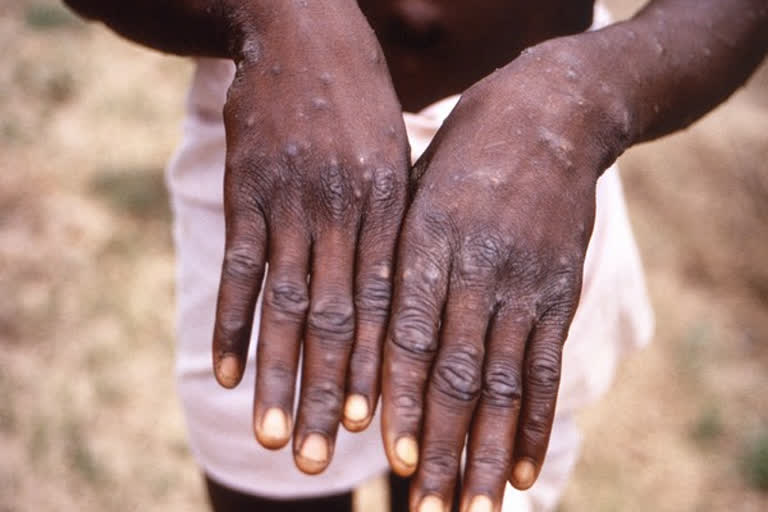New Delhi: The Union health ministry advised international passengers on Tuesday to refrain from eating or preparing meat from wild game (bushmeat) or using products such as creams, lotions and powders derived from wild animals in Africa, besides avoiding close contacts with sick people, including those with skin lesions or genital lesions.
The "Guidelines on Management of Monkeypox Disease" issued to the states and Union territories include an annexure -- advisory for international passengers -- which recommends that these passengers should avoid contact with dead or live wild animals such as small mammals, including rodents (rats, squirrels) and non-human primates (monkeys, apes).
It also advises avoiding contact with contaminated materials used by sick people such as clothing, bedding or materials used in healthcare settings or that came into contact with infected animals. Outlining the role of the APHOs and PHOs, the advisory states that they should remain in a state of alert, particularly for the passengers arriving from countries reporting monkeypox outbreaks.
They should familiarise with the clinical presentation of monkeypox, undertake strict thermal screening, check the travel history of the passengers to the affected countries in the last 21 days and establish or strengthen the referral arrangements from airports and ports to the identified link hospitals. They should also familiarise the Bureau of Immigration, airline and state health personnel deployed with them about the disease, inform the airlines concerned about the detection of a suspect case for the purpose of the disinfection procedure to be followed in accordance with the standard guidelines.
Also read: India is prepared for monkeypox, no cases in country yet: ICMR scientist
The guidelines state that international travellers should consult the nearest health facility if they develop symptoms suggestive of monkeypox such as fever with rash and were in an area where the disease has been reported or came in contact with a person who might have had the disease. (PTI)



